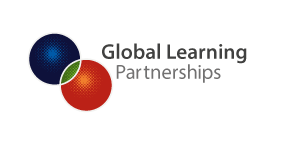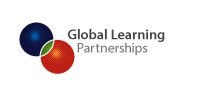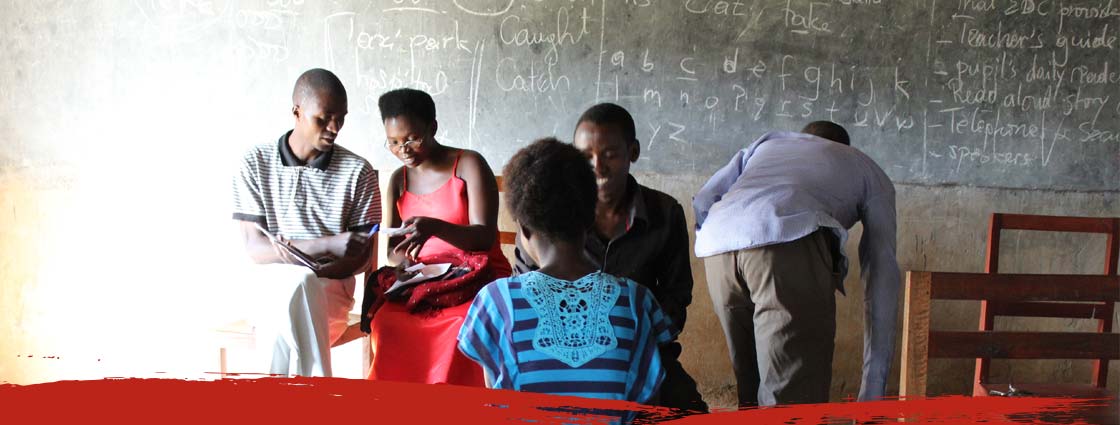Yes, the best thing to do is buy a Rwandan sim card to keep in touch with others in Rwanda. Other apps can be used through the wireless network to contact friends and family back home while keeping costs down.
This depends entirely on where you are based and sometimes you will have electricity but still have power cuts.
GLP Alumni: “There is electricity but it’s not always available, ‘be prepared’ is the best moto when dealing with electricity. In most places there will be a supply of electricity, however in some smaller rural areas electricity may be intermittent. Schools operate with solar power.”
The Rwandan currency is a closed currency. This means that you can only buy the currency once you are in Rwanda and you should try and spend any that you have before you leave. The best currency to exchange to before you leave is US dollars. *Bit more in here about this*
*Insert answer here*
GLP Alumni: “Gifts that aid learning and teaching are always welcomed probably more so than a souvenir. They were really valued. Also if possible show how they can be used. In advance, find out from your IEE mentor if the school have any sports teams and you can even help provide equipment for that if it’s not too adventurous.”
*Insert answer here*
GLP Alumni: “Cool and loose fitting. Be respectful at all times, capped sleeves are best for females. The weather where I was dry and between 23-28 degrees C. Dress is conservative. I wore a knee length dress to work and long trousers and t-shirts at the weekend.”
You should pack your hold luggage within the limit as suggested by the airline (23kgs) and take a bag as hand luggage with essentials (e.g. passport, phone, money etc.). You should try and travel as light as you can as you will need to transport your luggage once in-country. The best way to travel in Rwanda is on moto-taxi and usually you will get one moto-taxi for yourself and another for your luggage.
Some of our teachers have taken some of their own food with them, but you’re not going to be able to pack enough food for a month. There is a wide range of food available, and it’s all part of the experience.
GLP Alumni: The only way you would struggle is if you don’t like vegetables. You cook the food, it is basic and plain. Also pack a few home comforts like Super Noodles or Dried Powder soup to add some flavour to your meal. Don’t forget biscuits for those days when you need a pick me up.Take some food with you, 2 tins of tuna and spices, can get what you like in Kigali, everything made from scratch.”
GLP Alumni: “I cooked my own food at the school placement. It was basic and food supplies were ample for these basics, but very limited otherwise. The local diet is mainly potatoes in all their forms, rice, spaghetti, beans (like boiled kidney bean) avocadoes and very small quantities of meat.”
Yes, our in-country partner IEE (International Education Exchange) will be your direct contact while you’re in Rwanda.
GLP Alumni: “IEE met us and introduced use to some Rwandan ways and history. They gave use a guided tour of the genocide memorial. They explained a little about the education system. At the school placement they worked with me to deliver CPD, and develop resources. On a personal level, they were very caring and attentive to ensure my time was as welcoming as it could be.”
GLP Alumni: “The best supports while you are in Rwanda are the teachers you are travelling with. As you progress along the programme The Wood Foundation give you a wide variety of opportunities to build up relationships with the group you are travelling with. It wasn’t until I arrived at the airport to leave I realised how much of a special bond we all shared and I knew we would be able to go through this experience as a group.”
The NHS suggests the best way to find out your blood type is to give blood. Or donate an organ, but we don’t expect you to do that to take part in GLP! You can find out where to give blood by visiting the Give Blood website.
The main thing to make sure you’re doing is building enthusiasm within your classroom and around the school. Make sure everyone knows you’re going so they can be excited for you and ask you lots of questions when you return. Perhaps ask them what they want to know about and then you can tell them when you return.
GLP Alumni: “I included greeting of the day – for a week, saying hello in 5 different languages (including Kinyarwanda). I also got children to mark on a map where they or their parents were from. Encouraging pupils to come to school for one day in their national dress, or the colours of the Rwandan flag. One of my classes researched endangered animals and raised money to sponsor a mountain gorilla, and another group wrote newspaper style articles about preventing infectious diseases in other countries. My first year class made a booklet about life in Scotland for me to take with me.”
GLP Alumni: “Make your pupils aware and build up interest and enthusiasm with them through assemblies and lesson as much as you can. I had my pupils involved in the process right from the beginning even in the interview process. This made the integration of Global Citizenship easier on my return and they were not as confused when they turned up to Design and Technology and we started working on African Prints.
If you still have time there are many ways you can fundraise. Have a look at our fund-raising page for lots of ideas.
If you have a British, Canadian, Australian, American, or EU passport it must be valid for six months from the date you enter Rwanda. This means if you are going for the month of July, your passport will need to be valid until at least January the following year.


